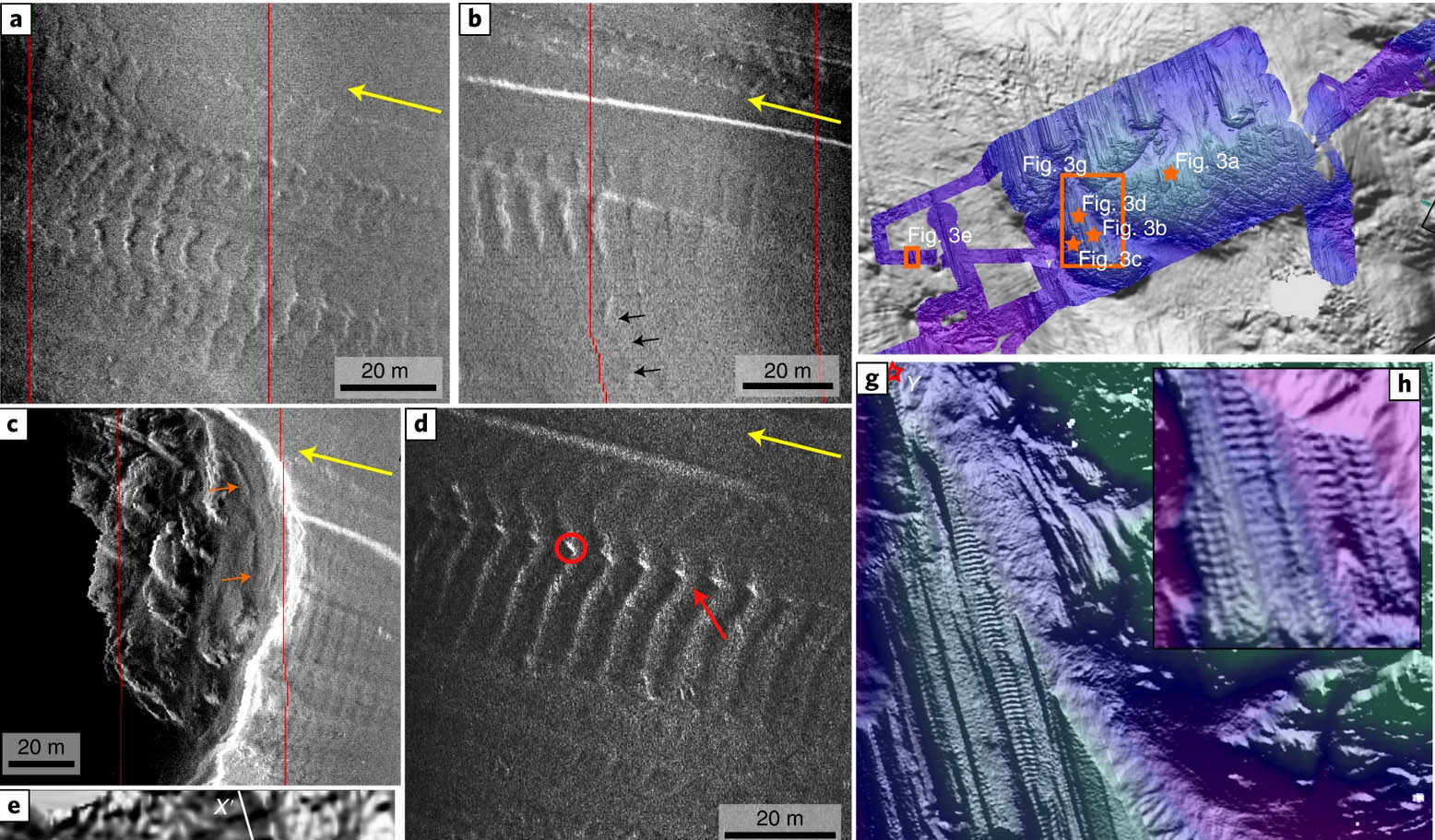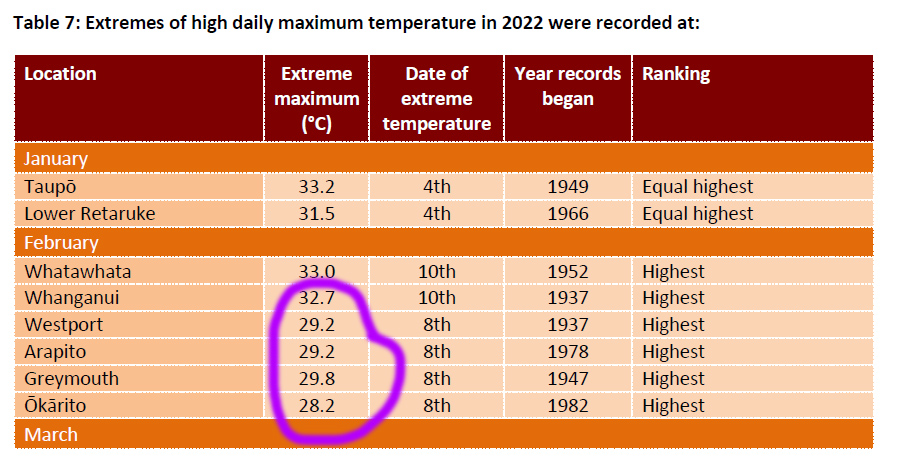
CHAPTER 6
The Probability of God
By Ian Wishart
“God, though not technically disprovable, is very very improbable indeed” – Richard Dawkins, The God Delusion
If you have read this book right through to this point, you’ll have found the evidence tells a pretty compelling story. You have seen how belief in one Creator God is deeply embedded into the ancient race memories of virtually every human culture on the planet. So deeply embedded, in fact, that some scientists actually think humans are “hard wired” to believe in God.
You have seen that you owe your life today to a huge string of unprecedented coincidences that took place. You have discovered the incredible fine-tuning of the Big Bang, a never-repeated explosion of such intensity that it brought into operation the dimension of Time and created scientific laws that the world’s best scientific brains believe have been “monkeyed with” to allow human life to exist. You have seen that after beating the odds with the Big Bang, planet Earth then had to be hit with a Mars-sized planet in a cosmic car crash in order for life to exist. You have seen that the car-crash had to create a moon the size of ours, or life would not exist. And you have seen that because of our unique positioning in space, we have been able to make major scientific and technical discoveries that make life more comfortable for all of us, some of which have led scientists to declare they are seeing “the fingerprints of God”.
But who, exactly, is this ‘God’?
Richard Dawkins, for all his many faults, unwittingly points out a fundamental truth when he says that scientists invoking ‘God’ do not necessarily mean the God of the Christian Bible. As we saw earlier many of them do, but Dawkins is correct that many do not. He sets out a series of thumbnail ‘definitions’ of the various ‘gods’ that people may be invoking.
“Let’s remind ourselves of the terminology. A theist believes in a supernatural intelligence who, in addition to his main work of creating the universe in the first place, is still around the oversee and influence the subsequent fate of his initial creation. In many theistic belief systems, the deity is intimately involved in human affairs. He answers prayers; forgives or punishes sins; intervenes in the world by performing miracles.”
A theist, then, is one who believes in one supreme God. Christians, Jews and Muslims are all theists.
“A deist, too, believes in supernatural intelligence,” writes Dawkins, “but one whose activities were confined to setting up the laws that govern the universe in the first place. The deist God never intervenes thereafter, and certainly has no specific interest in human affairs.”
A deist, then, is someone who still believes in a Creator God, but this god did not create life, does not answer prayer, does not judge personal behaviour or morality, does not intervene in the world in any way, and basically watches dispassionately from afar, not caring one way or the other. Some of the founding fathers of the US, like Thomas Jefferson, were deists, not Christians. Scientists are more willing to accept a deist god than the Christian one, primarily because a deist god can still be first cause of the universe, but allows evolution and random natural forces to do what they will. In short, a deist god allows science to give meaning to human life, rather than religion, and a deist god allows humans to effectively become gods themselves – anything is permissible, subject only to the limits of science or the will of society. Miracles beyond the creation event itself are impossible, they argue, because a deist god has too much respect for the immutable laws of nature and science. Stephen Hawking, together with his academic partner Thomas Hertog, begrudgingly suggested in a 2002 scientific paper that a deist god may indeed have rolled the dice to kick start the universe off.[1]
As Dawkins admits, deism is the kind of god you have when you don’t actually want a god, but need one for appearances.
But there are a couple of other concepts of God that are relevant to the search for the divinity code. According to philosopher Norman Geisler, there are seven basic ‘worldviews’ or beliefs about the meaning of life, that exist in all of humanity. Whilst there are sub-groups from these, they all trace back to one of the Big-7. They include, theism, deism, atheism, pantheism, panentheism, polytheism, and another you’ve probably never heard of, finite godism. Big words, but easily explained.
The first three we pretty much already understand. Atheism, contrary to what some try to argue, is a definite belief that there is no God of any kind. Some self-proclaimed ‘atheists’ try to suggest that atheism is merely a lack of belief in God based on a lack of evidence (rather than a positive affirmation on their part that God does not exist). These people are not really atheists in the educated, academic sense, but “hard agnostics” – which is one of those sub-groups I mentioned.
Pantheists [“Everything is God”] are your traditional Hindu/Eastern mystic/New Age believers. Many modern Buddhists have adopted it, as have Scientologists, the Unity movement and the religion known as Christian Science. They believe that ‘God’ is a part of everything, that God didn’t make the universe as such – he is the universe and everything in it. For this reason, much Eastern and New Age teaching focuses on telling followers to “get in touch with the god within you”, in the belief that in our weakness as humans we have simply forgotten that we are also divine, and need to rekindle that memory and link in order to transcend to the next stage.
Die-hard pantheists go so far as to insist that the universe and everything in it is merely an elaborate illusion, and that until we accept and act as if reality is an illusion we cannot get in touch with the divine.
By definition, in true pantheism, miracles are impossible, because there is no reality to miraculously intervene in. Conversely, if everything – good or bad – is God, what motivation would God have to miraculously intervene against himself?
The only sense of intervention is the law of karma, where the universe (God) eventually corrects you if you create negative ripples. Karma is God’s way of restoring equilibrium. Reincarnation is fundamental to the pantheistic belief system, because it allows followers to come back and try again if they get it wrong the first time.
Panentheism [“Everything is the body of God and heaven is his mind”] is a variation on the above. These people still believe that God is part of every rock, fish, tree, human, star etc, but they also believe God is bigger than the universe, and has a transcendent, bipolar dimension. Norman Geisler describes it in these terms:
“Rather than viewing God as the infinite, unchanging sovereign Creator of the world who brought it into existence, panentheists think of God as a finite, changing, director of world affairs who works in cooperation with the world in order to achieve greater perfection in his nature.
“Theism views God’s relation to the world as a painter to a painting. The painter exists independently of the painting; he brought the painting into existence, and yet his mind is expressed in the painting.
“By contrast, the panentheist views God’s relation to the world the way a mind is related to a body. Indeed, they believe the world is God’s ‘body’ (one pole) and the ‘mind’ is the other pole.”
The physical aspect of God, they argue, is constantly changing as the world and its inhabitants change. God’s mind, on the other hand, is regarded as unchanging.
Plato’s dualism advocated an earlier form of panentheism.
Polytheism is a belief in many different gods. The Romans and Greeks, for example, were polytheists. Most native tribes are polytheistic (although many like the Maori still had myths of a supreme original creator).
Finite Godism. What a name. It means, however, belief in a God who has limited power in some way. By definition, the gods in polytheism are finite – they did not have the individual power to create the universe; one might be the god of storms, another the god of the sun and so on. In modern terms, some people who struggle with the apparent inaction of the Christian God in the face of evil choose to believe that perhaps God may be all good, but he is not all powerful, that God is limited in what he can do in the face of human rebellion and natural forces.
Most believers in this worldview believe that God did not create the world out of nothing, but merely shaped existing material into a new universe. This is an example of his limits – that God was incapable of a pure creation event. Because he didn’t have full power over the universe, his ability to intervene in it remains limited. The belief really hinges on God vs Evil, however. The argument, as Geisler phrases it, goes like this:
- If God were all powerful, he could destroy evil.
- If God were all good, he would destroy evil.
- But evil has not been destroyed.
- Therefore, there cannot be an all-powerful, all-good God.
There are answers to these challenging claims, but they’ll be dealt with later in this book in the chapter on Evil. The lessons of science can probably allow us to dispel a couple of the other candidates straight away. Up until the discovery of the Big Bang in the 1960s, the prevailing scientific view of origins was that we lived in “a steady state universe” – one that had always existed and always would. In this sense, scientific discovery was undermining the Christian version of creation. Together with the Theory of Evolution, the Steady State Theory was a strong tool for science to rubbish Christian beliefs during the early 20th century.
By proposing the steady state model, scientists were in fact lending a lot of credibility to the pantheistic religions like Hinduism, Buddhism and the like. That’s because both rely on either an infinite universe or an infinite succession of universes (reincarnations of the universe) as the basis for their beliefs. If God is the universe, then he cannot have been created from nothing. He must always have existed and the universe must always have existed.
At a scientific level, however, the Big Bang has destroyed that option. We now know there was a singular creation event – the universe had a beginning, it is not infinite. Further studies suggest the universe will have an ending as well. It is not infinite.[2]
Where does this leave the Eastern religions? Well, they may have workable moral codes, but they cannot be objectively true. Because the very concept of God in pantheism and panentheism is tied so tightly to the universe being part of God, the spiritual foundations for Hinduism, Buddhism and the New Age movement crumble under scientific attack. Whatever the alleged errors may be in the Christian Bible, they are nowhere near the scale of the problem now facing followers of Eastern traditions.
By nailing their god so firmly to the mast of the natural world, they have made their concept of God much more vulnerable to being contradicted by scientific discoveries. Of course, there is a get-out-of-jail-free card that pantheists can use, and that is a retreat to the belief that the universe is all just an illusion anyway. Such a statement would only be true, however, if their concept of God was correct, so it becomes a vicious circle.
As potential candidates left standing as we pursue the divinity code, then, we are left with Theism, Deism, Polytheism (including Wicca) and Finite Godism (Atheism and its cousin Agnosticism are being continually tested all the way through this book).
Logically, Deism remains a perfectly valid explanation for the first cause of the universe. It is entirely possible that a deist god kicked the event off and then left us to it. But this doesn’t answer the bigger question, Why?
If God went to the trouble of creating the universe and specifically engineering it so that life on a specific location, Earth, was sustained, is it logical to really believe that the same God would just walk off into the distance without any further curiosity over the outcome? Critics of the deist worldview, like Norman Geisler, argue that belief in deism has more to do with human pride and the desire to put God on a leash, than any serious analysis of God himself.
“A being who could bring the universe into existence from nothing could certainly perform lesser miracles if he chose to do so,” points out Geisler.
“A God who created water could part it, or make it possible for a person to walk on it. The immediate multiplication of loaves of bread and fish would be no problem to a God who created matter and life in the first place.
“A virgin birth or even a physical resurrection from the dead would be minor miracles in comparison to the miracle of creating the universe from nothing. It seems self-defeating to admit a great miracle like creation and then to deny the possibility of lesser miracles.”
As Richard Dawkins puts it, “Deism is watered-down theism”.
Finite godism, the belief that God is not all-powerful, is tempting but still struggles in the face of the latest scientific evidence. The creation event that kicked off the Big Bang with pinpoint accuracy is a mind-boggling show of strength, and hardly the act of an entity with limited powers. Probably the only reason to give finite godism the time of day is because of the questions it raises about God’s ability to deal with evil, which we’ll deal with later in this book. For now, then, finite godism is wounded, but not fatally. Like deism, it remains in the hunt, just.
Polytheism, which includes the resurgence in neopaganism, the Goddess movement and Wicca (although these can also be pantheistic), and also the many millions of lesser spirit beings worshipped by ordinary Hindus, is making its presence felt again in the West, but suffers heavily from the science as well.
The scientific explanation of the creation event more closely matches the events in Genesis than any other religious book or belief. Therefore, if competing religions are going to stake a claim to being the ultimate source of the divinity code, they’ll need to make a compelling case on their theology, rather than their claims to factually explain the universe.
Critics, particularly non-churchgoers, are often heard saying that “all religions are equal”, that each religion is basically saying the same thing and which one you pick depends on your mood, or “whatever works for you”.
Is this true? We’re about to find out.
[NOTE: Parts 7 and 8 are do not appear in this abridged version of the book. READ PART NINE HERE]
[1] http://www.worldnetdaily.com/news/article.asp?ARTICLE_ID=27721
[2] It was common scientific belief, up until the 1960s, that the Universe had somehow always existed. But the Second Law of Thermodynamics is the major problem for this scientific belief: if the Universe has existed forever, then chaos should have been reached, as the 2nd Law says available energy will eventually be used up. Expressed alternately, things left to themselves fall to disorder, and anything infinitely old would have flatlined long ago. The evidence for the Big Bang knocked the infinite universe, or “Steady State” theory, out of the sky. A variation on this is the so-called “rebounding universe – the idea of a Big Bang followed by a Big Crunch and then a new Big Bang. But the Second Law is still a problem. As Stephen Hawking put it, a yo-yo will eventually come to a stop, therefore a rebounding universe still had to have had a first cause







